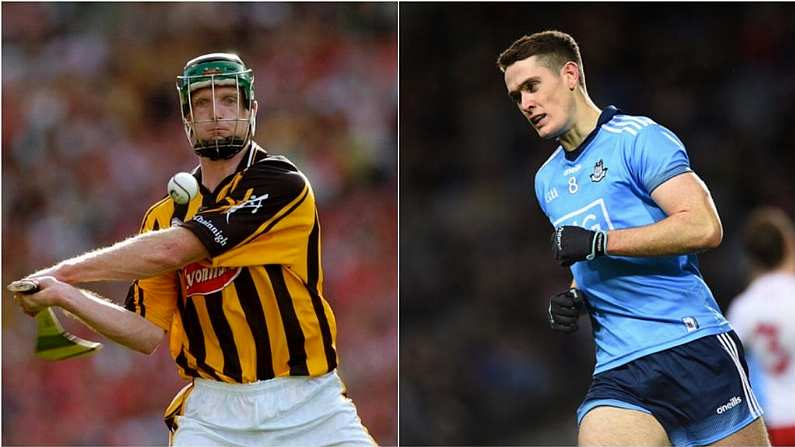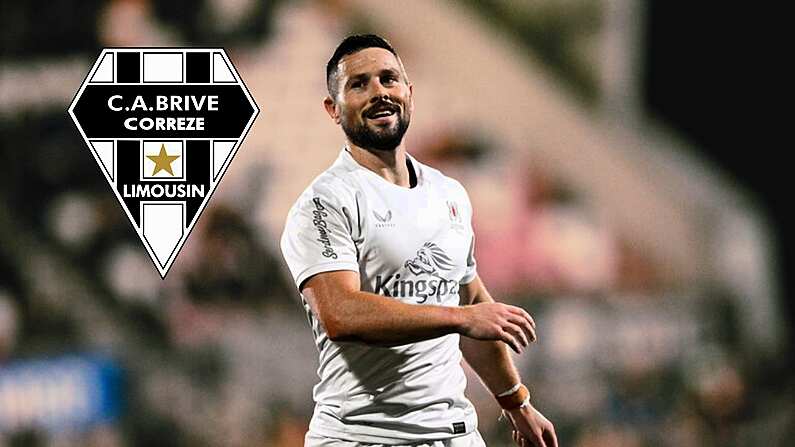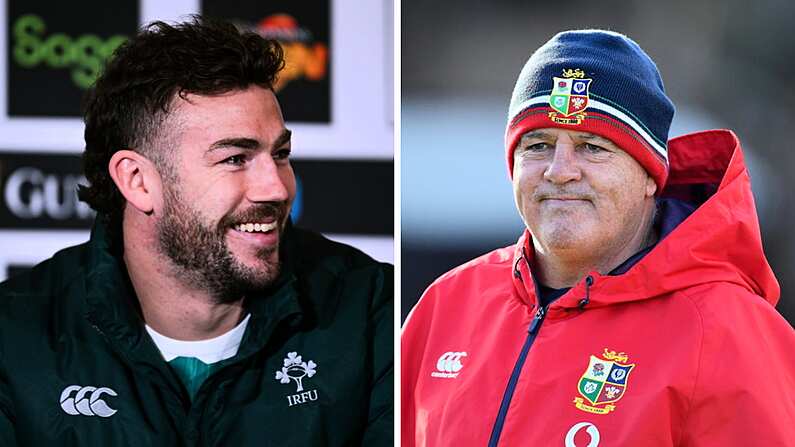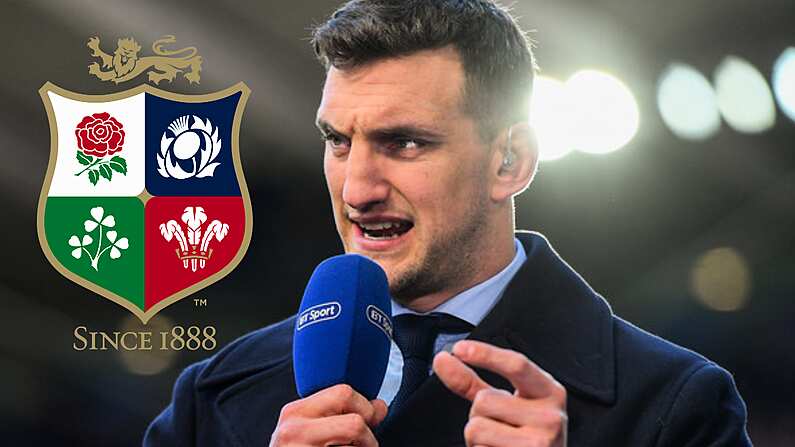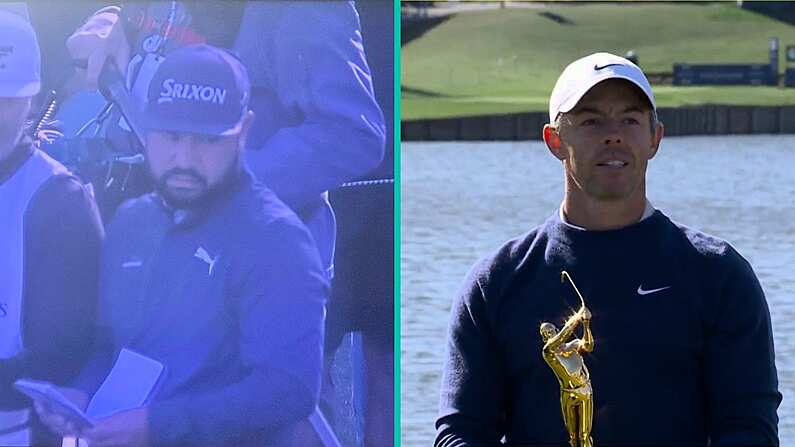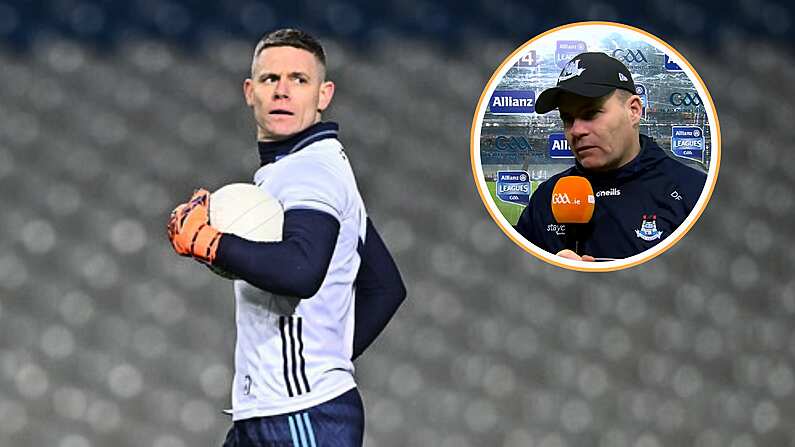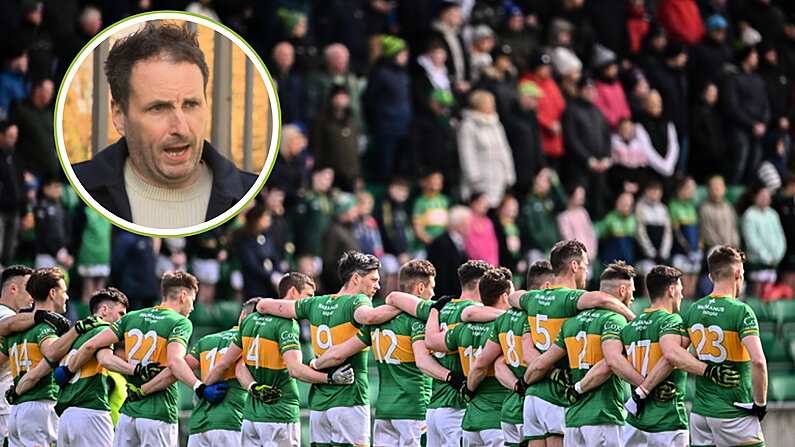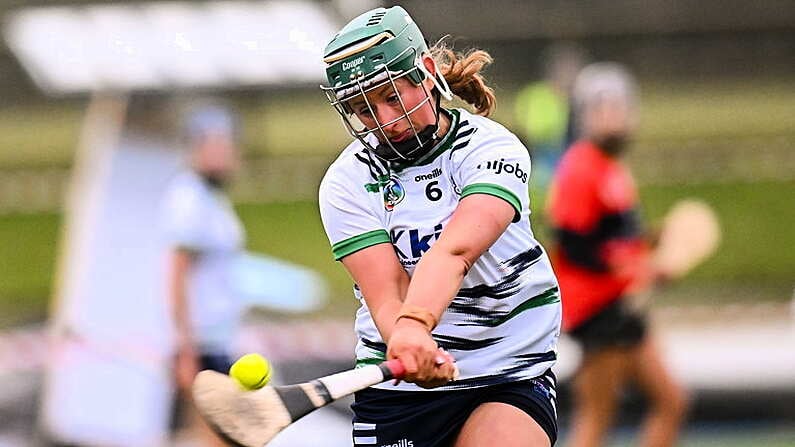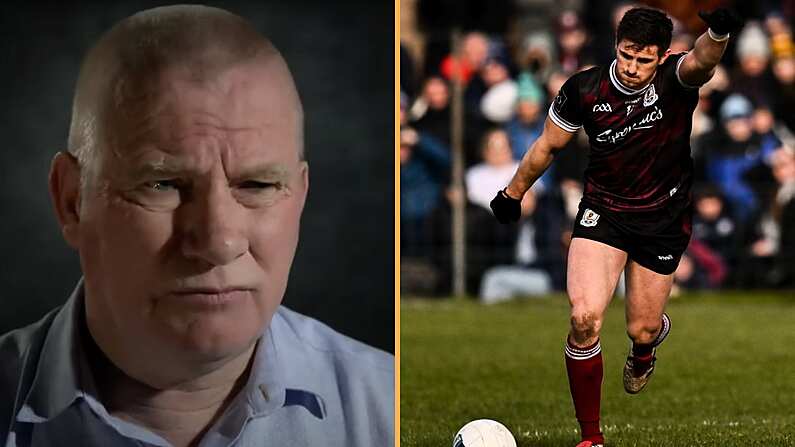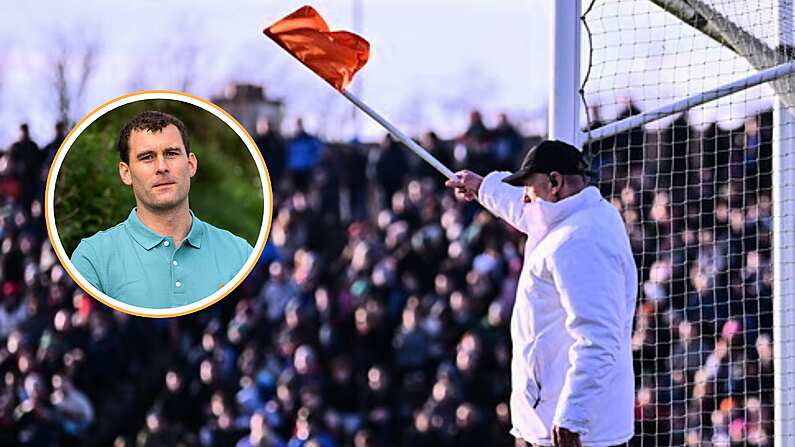We have all heard the tales of players who were rejected by their county at minor, only to go on and become a legend at senior level. Henry Shefflin is a famous example, while Brian Fenton is held up as the modern day version of that story.
Considering how talented those players are, it is astonishing that they were not appreciated in their younger years. But how do such situations arise? A lot of it may have to do with the way counties approach their underage structures.
Speaking on this week's Three Man Weave, the Balls.ie GAA podcast, the lads addressed this very issue. They discussed the recent comments from former Cork manager Brian Cuthbert, who said we needed to see a change in approaching order to stop these players from slipping through the net:
If I saw him (Shefflin) at 17, there’s a good chance I’d have pushed him away. We’re so focused on today and tomorrow that we don’t think about next year or the year after. Sport is about being patient.
Coaching is about patience but I think we’re in a bubble that wants instant gratification. We want to win today. This is not about winning today, it’s about long-term player development.
Maurice thinks that the success of the likes of Brian Fenton and Henry Shefflin can be viewed as somewhat of an 'accident':
Maurice: Shefflin is in that bracket of elite level player, like Conor McManus or Brian Fenton, who never got a crack at minor and ended up having phenomenal success. You see these lists on Twitter the whole time, of the 15 player who never played minor but went on to play county.
I always think they're an accident. They didn't get there through a pathway or a programme, they got there by a stroke of luck. Brian Fenton got there because Dessie Farrell had a conversation with a club player who said 'by the way, my club mate is flying, you should have him in'.
That's accidental. I suppose the point of that is that there's a huge amount of players that probably miss out because they weren't in that programme initially. Maybe if we had a total overhaul of this win at all costs mentality that is rife, especially in the GAA, that maybe you would catch them.
A lot of it can come down to the type of player. The bigger they are, the less likely they are to slip through the net. Does that contribute to the type of player we see at inter-county level?
Mark: The thing is then what is the development for, do you do what has been the case at some counties, where you just take in a development squad at u14 level, which is roughly the same development squad that you will see in six or seven years when they are up at u21s. It's just trying to focus on these few elite player that are in the county and turn them into your county senior team.
Or is it that every single player at u14 level gets the same level of coaching from county board experts and development officers and develop them all together? People obviously develop at different rates. At u14 you could have a lad who is 6'2" and is going to dominate there, whereas someone who hasn't had a growth spurt yet could be really skillful and just gets left behind.
That's how you end up with a load of athletic flyers and very few skilled forwards at senior level...
Mick: I think that there are a lot of smaller players that will be dismissed at that level and will never be found. The reason for that is because the miss out on that two or three year development where they can quickly grow with programmes or whatever.
Also, not even necessarily always grow, but adapt to the game at that level where you need to play in a certain way or whatever. But you need to be thought how to do that, and suddenly you're 19 or 20 and you have all the skills in the world, but you're too slight to impact on the game. I think thats how you miss out on those player, and you never find them. Widening the net, especially for the diminutive player, is really important.
You can download the podcast on Sticher, Spotify, Itunes, Pocketcast or any other podcast platform. Subscribe to the 'Balls.ie' GAA feed for extra content including long-form interviews and in-depth discussion.

